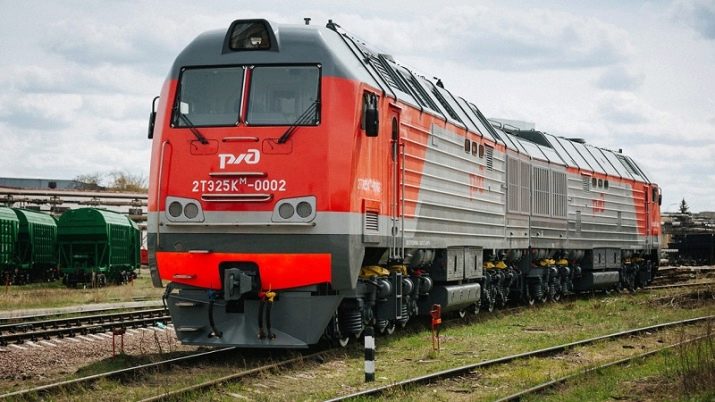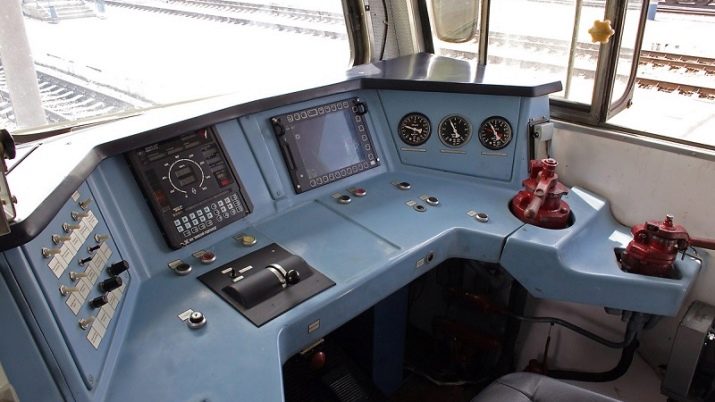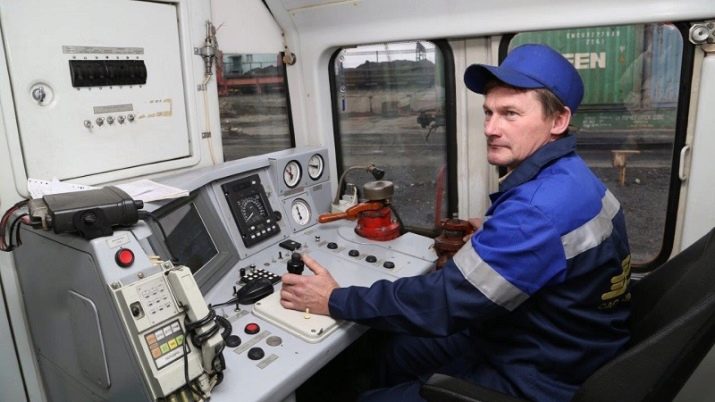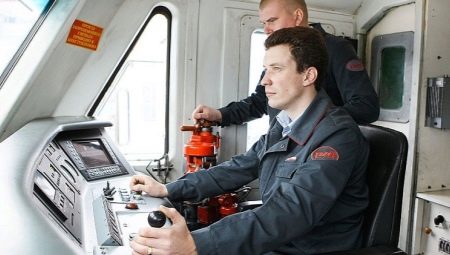If you are interested in popular and currently demanded working professions, then you should pay close attention to the position of locomotive driver. This work is quite responsible and serious, it will suit those young people who are interested in technology and the exact sciences. Today in our article we will talk in detail about the professional activities of a locomotive driver.
Pros and cons of the profession
First of all, it should be said that the post of locomotive driver requires specialized educational and practical training. This is due to the fact that the work is quite responsible and difficult. So, employee must perform a large number of functions: manage the train strictly according to the schedule, know and strictly follow the rules of the road, know the meaning of semaphore signals and much more. Due to the fact that the work of the locomotive driver is complex, very often this the specialist works in conjunction with an assistant or assistantthat performs a variety of supporting tasks. Also, a fireman is included in the immediate brigade, with which the engineer works side by side.
The profession of a locomotive driver is characterized by a large number of unique characteristicsthat distinguish this post from any other. Moreover, these characteristics are not only positive, but also negative.
Before you finally decide to get an education in your specialty and associate your life with such a job, you should carefully evaluate the pros and cons.
In this case, your decision will be as balanced and objective as possible, you will not regret it in the future, and the choice of a profession will bring you only positive emotions.

First you need to say about the merits of the work of a locomotive driver.
- The relevance of the profession. This position is quite in demand in Russia. Moreover, vacancies you can find in almost any region of our country. Accordingly, if you undergo educational training in your specialty, you will not remain unemployed. On the contrary, you will be a sought-after and relevant specialist in the domestic personnel market.
- Big salary. Due to the fact that the professional tasks that the locomotive driver performs on a daily basis are quite complex and responsible, employers generously compensate for the work of specialists. Due to the high level of wages, you can maintain a fairly high standard of living, as well as financially help your family.
However, in addition to advantages, the profession also has disadvantages.
- Difficult working conditions. The locomotive driver does not carry out his work in comfortable office conditions, but in rather harsh circumstances. Hard and nervous work can negatively affect the health of the person who occupies this position, so good physical preparation and endurance is required from him.
- Inequality of the sexes. The locomotive driver is primarily male work. The fair sex, who wants to take this position, will not be easy enough in the process of finding a job.
- Lack of prospects. A diesel locomotive driver is a specialist who rarely moves up the career ladder. Often, he remains in this position throughout his professional life. If you want to constantly evolve, then you will have to change the scope or move to an adjacent area.

Responsibilities
The job duties of a diesel locomotive driver are detailed in official documents regulating the activities of a specialist. These include, first of all, professional standard, job description and internal documents (company manuals and instructions). Generally speaking, these documents are standardized, however, each employer can make adjustments and additions depending on the specifics of each individual enterprise. In addition, the responsibilities of a specialist will vary depending on level of training, work experience and qualifications.
Traditionally, the duties of the locomotive driver include the following tasks:
- unconditionally following the instructions of the locomotive driver;
- safety precautions;
- continuous training;
- adherence to the work schedule and schedule;
- adherence to train schedules;
- monitoring the technical condition of locomotives;
- tracking signals of semaphores and various pointers;
- compliance with the prescribed speed limits;
- notification of duty on the presence of any breakdowns or malfunctions;
- monitoring the functioning of instruments and devices;
- tracking fuel consumption.
Keep in mind that job description not only includes responsibilities, but also provides for responsibility. So, for low-quality performance of their work or for refusing to do it, a locomotive driver may be subjected responsibility at various levels (from disciplinary to criminal). In this regard, before you officially get a job, you should carefully read all the documents that regulate the activities of a specialist.
It is important that you balance what is required of you with what you know how to do.

Training
In order to occupy the post of locomotive driver, you need to go through the appropriate training. Specialist diploma can be obtained in a secondary vocational institution (such as a college or college). In this case, you should give preference to such areas of training as “Assistant to the driver of the shunting locomotive”, “Assistant to the driver of the diesel locomotive”, “Assistant to the driver of the electric locomotive”. Depending on the chosen program, the learning process can last a different amount of time, on average you can get a diploma in 3 years.
You can enter the secondary vocational institution after grade 9. In this case, you should visit the institution of interest to you in advance and find out what exams you need to pass. When choosing an educational institution, it is advisable to give preference to specialized railway technical schools and colleges, which are located in large cities or in the capital.
Consider in advance the fact that the training is quite difficult, since you will study a large number of specialized technical disciplines. It is important to pay attention not only to theoretical training, but also to the acquisition of practical skills.

Wage
The salary of a locomotive driver depends on a large number of factors:
- region of residence (specialists get more in the capital than in the provinces);
- work experience and level of education (the level of material compensation is directly dependent on these factors);
- scope of work (specialists in state enterprises receive less than in private companies).
If we cite the averaged figures, we can conclude that the salary of a diesel locomotive driver varies in the range from 40,000 to 80,000 rubles.











